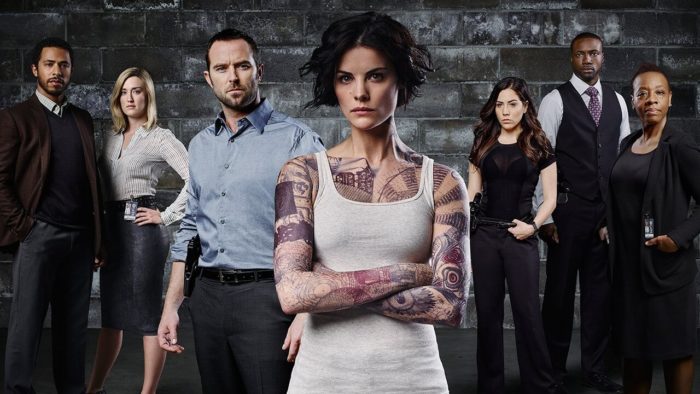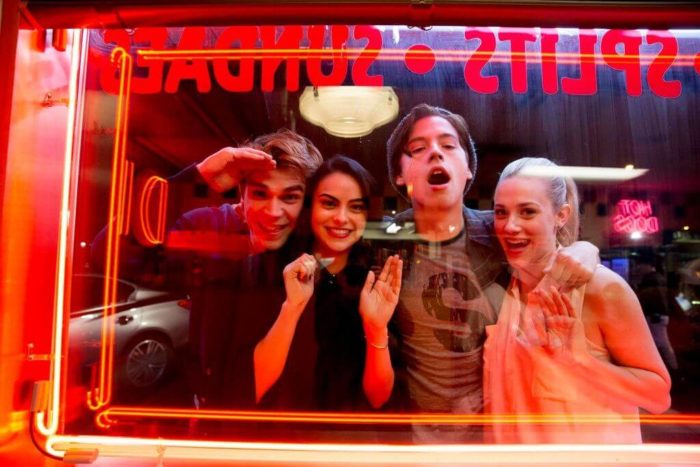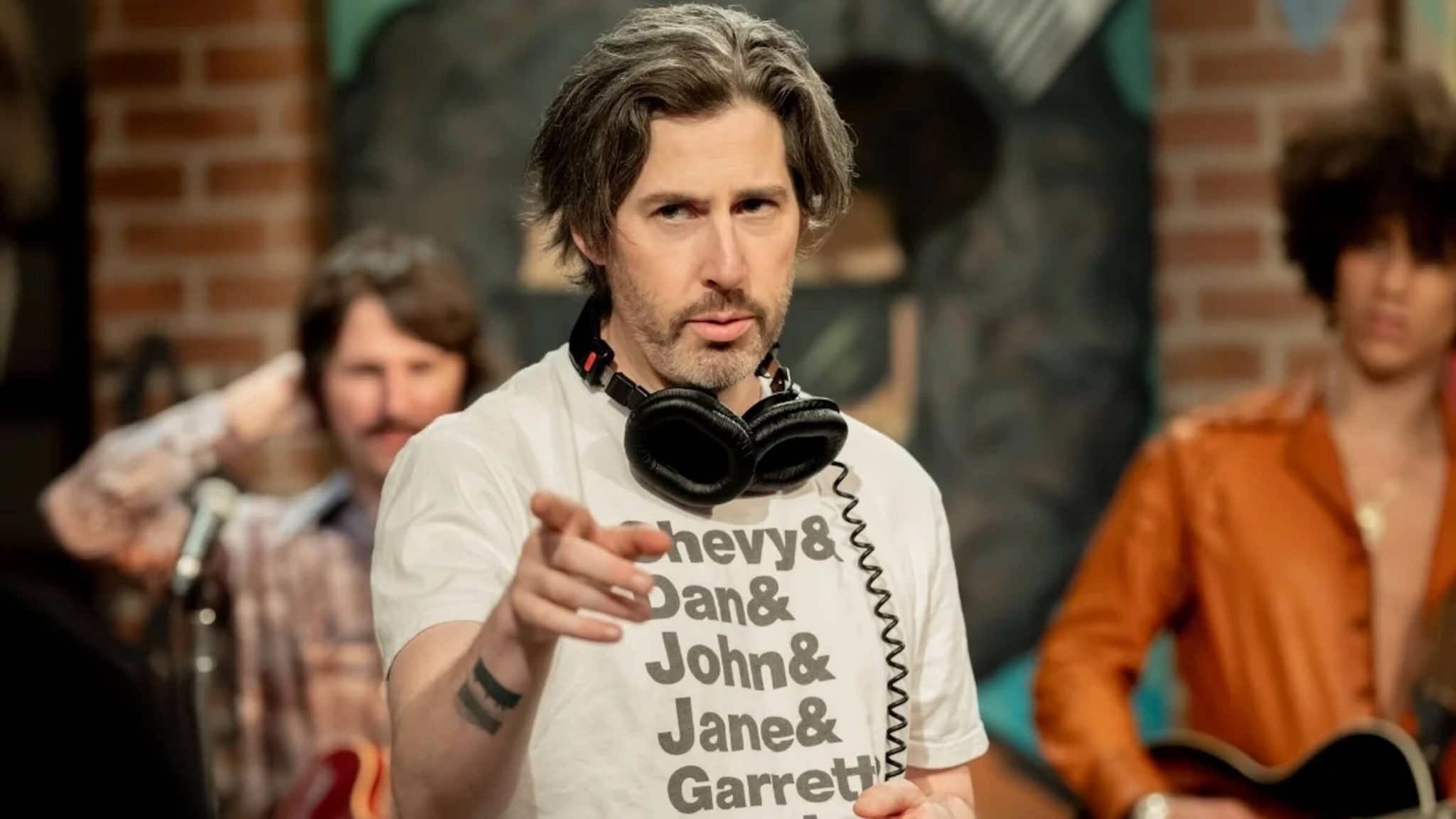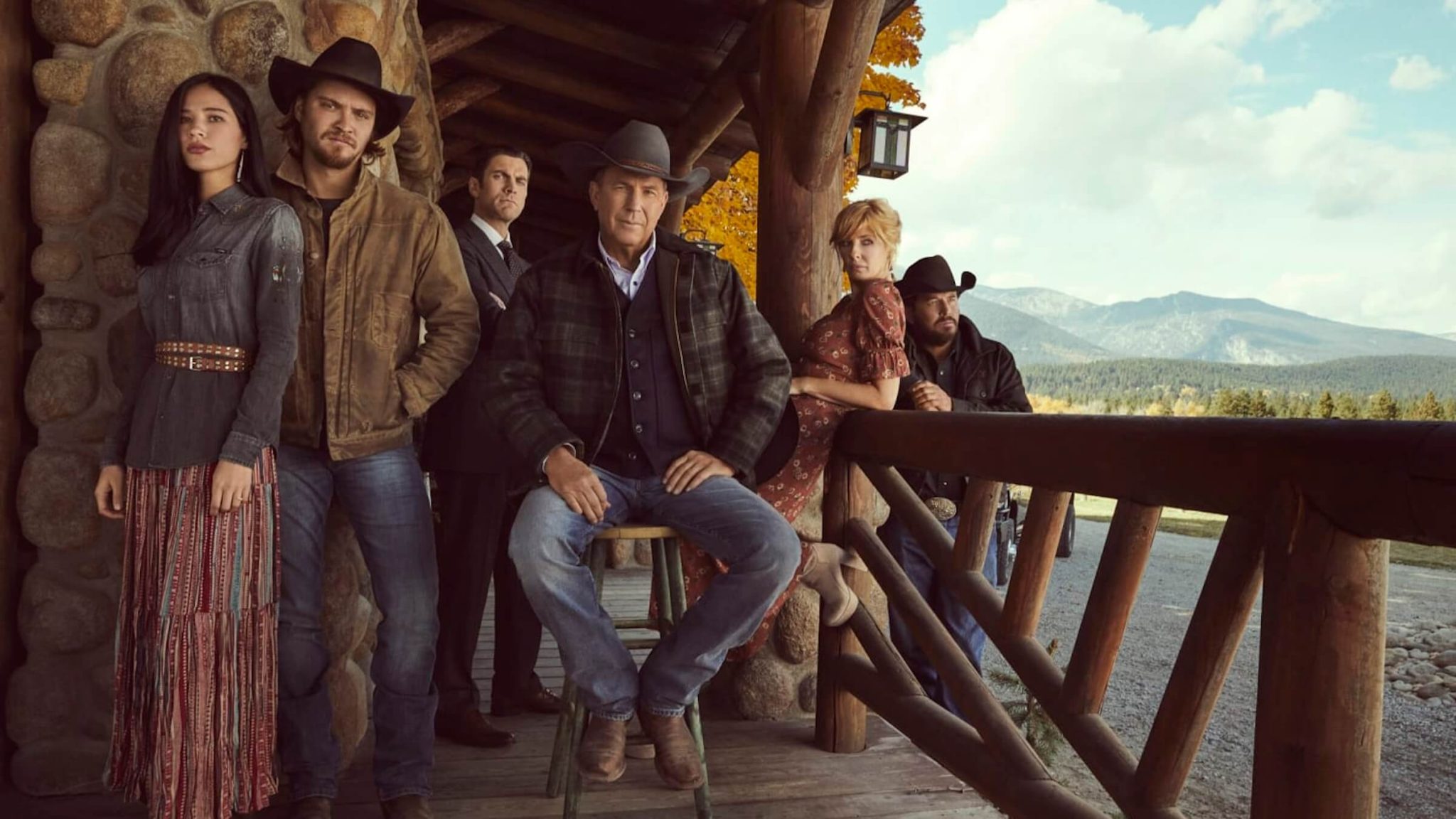One-on-One Interview with Warner Bros TV V.P. Jennifer Robinson

Jennifer Robinson is currently V.P., Drama Development at Warner Bros Television where she developed the primetime dramas Supergirl (CBS), Blindspot (NBC), Containment (CW), and the upcoming Time After Time (ABC) and Riverdale (CW). She works with producers including Jerry Bruckheimer, Greg Berlanti, Kevin Williamson, Rob Thomas, Jeff Rake and Silvio Horta.
Jennifer began her career in television at Imagine Entertainment where she rose to Senior V.P. and oversaw both drama development and current programming. She was the development and/or current executive on a number of network series including Felicity, SportsNight and 24.
She is also a writer who has sold feature scripts to Universal, 20th Century Fox, Paramount and Disney and pilots to ABC, NBC, the CW and Lifetime. In addition, Jennifer has been a lecturer at USC’s Peter Stark Producing program, where she taught classes about the history and current state of television.
Do you have a pilot that needs to be read? Enter the ScreenCraft Pilot Launch TV Script Competition here.
We recently asked Jennifer to share some insights about the business of TV.
ScreenCraft: Can you give us an overview of what your job entails, both big-picture and day-to-day?
Jennifer: Day to day: meetings! Meetings, meetings, meetings. Some internal, some with networks, some with producers, many, many, many with writers.
To break it down: we sell prime time scripted shows to all five broadcast networks and it's our job to get as many on their schedules as we can. The department I'm in covers the broadcast networks (along with premium cable and streaming) so our day to day largely follows the broadcast development schedule.
In "selling season" (summer, early fall) we're spending most of our time developing pitches with writers, then shuttling all over town taking those pitches to networks. Once that's done, we're responding to the writers' outlines, scripts, rewrites, etc. For much of the fall, we're doing a ton of reading, giving notes, having notes calls, doing everything we can to help writers fine-tune their pilots into the best script it can be. We also run interference between writers/producers and the network. We're the advocate trying to get a writer/producer's vision heard by the network. And then it's pilot season and we're the boots on the ground and eyes and ears for the studio as we actually make the pilots. Lots of sitting on sets in cold Toronto! Once shows are picked up to pilot in May we start the whole process over again. (With help staffing up those shows in April!)
ScreenCraft: You have a really interesting background with experience in several different aspects of the industry. How has your previous experience informed how you approach your current position?
Jennifer: I hope I still think like a writer and therefore can bring a different creative voice and perspective to the room. My goal is to not just give a note, but to try to really see the consequence of the note; how will addressing that one question impact the script as a whole? Will there be a cascade effect that causes other problems? I also try really hard to come up with creative solutions. Those might not always work for the writer, but my goal is to at least persuade them that there is some way to address a concern we might have; we're not expecting someone to be a magician. I also hope my tone in giving notes is not just respectful but collegial. All executives try that, some succeed more than others, but I've been on the other side of that call. So I think -- I hope -- I can talk to writers like another writer would.

ScreenCraft: You work with some awesome TV creators. From seeing how they approach their projects, have you gleaned any surprising or useful storytelling tricks or insights?
Jennifer: Well, JJ Abrams certainly cornered the market on the non-linear teaser! I'm not sure he was the first, but he definitely doubled down on the idea in nearly all his shows, and now it's a sturdy television trope. It often works, honestly, and we find ourselves suggesting it to writers. (Not that I worked on it, but as a television viewer I can say that Breaking Bad also cemented this as a narrative technique; everyone in TV references that pilot.) I wouldn't always do it though; it's now on the edge of seeming cliche. The big take-away is something I'd suggest to every writer: grab your viewer as soon as you can.
>> Want to check out the Breaking Bad pilot? You can get the Top 10 Most Requested TV Pilots here.
ScreenCraft: What’s the path a writer takes to get on your radar and considered for a staff position?
Jennifer: A great agent advocating for you in a specific way is terrific. We get piles and piles of material during staffing so anyone that can stand out -- someone we've been pitched outside of staffing season, someone with a really specific story to tell; all those help. Then, yes, we meet with writers, sometimes first so we can suggest them to the showrunner. Sometimes, if the producers and showrunners have the bandwidth (remember, they're in post on their pilots when all this is going on) and are really on top of it, after they've already met someone and determined they might be a fit.
ScreenCraft: Has the proliferation of distribution platforms affected what projects you pursue, or how you approach your job?
Jennifer: The beauty of Warner Brothers is that we're an independent studio, not vertically integrated with any one network; we co-own the CW with CBS, but we can sell virtually everywhere. (With our partners at Warner Horizon, who cover the basic cable landscape, that target gets exponentially bigger.) Now, with all these added platforms, it means we have a much healthier capacity for what we can try to take a shot on. We don't need to focus solely on shows that will appeal to the five broadcast networks (where the emphasis is on hitting a BROAD audience). We can take on more unusual, offbeat projects.
We have a handful of period drama projects in the pipeline; those are almost impossible to sell to broadcast, but we'll pitch those to cable and streaming. We can do limited 7-10 episode series; that's a market (the "mini-series" from the 70s and 80s) that was virtually dead until a few years ago. Now we can try to do those, too, as the new platforms are more willing to experiment. In the mainstream, even in just the last few years, there's a willingness to do shows that won't necessarily hit that magic syndication number and stay on the air for years. That's still a huge part of our business model, but there's room for other things too, which is exciting.
>> Learn more about Writing for TV and Beyond: Network vs. Cable vs. Online Media.

ScreenCraft: What do you think is the biggest misconception writers (aspiring or established) have about the business of TV?
Jennifer: Maybe that the crazy, one-off story means more than it does. So many times I hear people reference the outlier: Matt Weiner* and his crazy spec being plucked from a pile and becoming one of the most influential series in history; Sam Esmail, who'd never worked in TV before getting to run a huge critical hit. Those are the one-in-a-millions. Don't imagine that's your career path. That's not a path; it's the lottery.
The real story, the real backbone of the industry on the writing side: workhorses. People who write tons of scripts, get on shows, STAY on shows (being a solid performer on a staff and being asked back year after year), proving your value as a producer and writer time and time again, script after script. It's hard, often thankless work and diligence and dedication are more important than magic fairy dust "genius."
The utility players are the writers that end up getting shows on the air, keeping shows on the air. Kenya Barris developed multiple versions of Black-ish, year after year. Howard Gordon worked for years and established himself as the invaluable number 2 and inheritor of other peoples' shows, before he got his own in Homeland. Julie Plec has worked on so many shows, as producer and writer that she not only can write a gorgeous script but can have a head spinningly detailed conversation about every line item in a budget. These are the people who really have stellar careers, in my opinion. There really aren't shortcuts -- just lots of long hours.
(*Note, Matt Weiner was also an incredibly experienced producer/writer prior to writing Mad Men; his biggest success was built upon years of sweat equity.)
ScreenCraft: If you could give one piece of craft or business advice to aspiring TV writers, what would it be?
Jennifer: You do you? That's a little glib, but in a large part I think it's true. When you're writing that spec that you want people to notice, really try to put aside what you think is salable -- convince yourself that spec will never, ever see the light of day. (Pro tip: it won't.) You're purely writing it to get executives to pay attention, to read something unique and personal that they've never read before. Having a specific voice -- YOUR voice -- is really important. "Write what you know" is a cliche, but it's a sturdy one for a reason.
I'd also say write what you love. Write something that hits you in the gut, that really means something to you. Those are the scripts that affect us and stand out. We can actually tell when a spec feels cynical; written to seem "marketable." When we're reading scripts we don't care about marketable. We care about passion.
Tags
Get Our Screenwriting Newsletter!
Get weekly writing inspiration delivered to your inbox - including industry news, popular articles, and more!



























